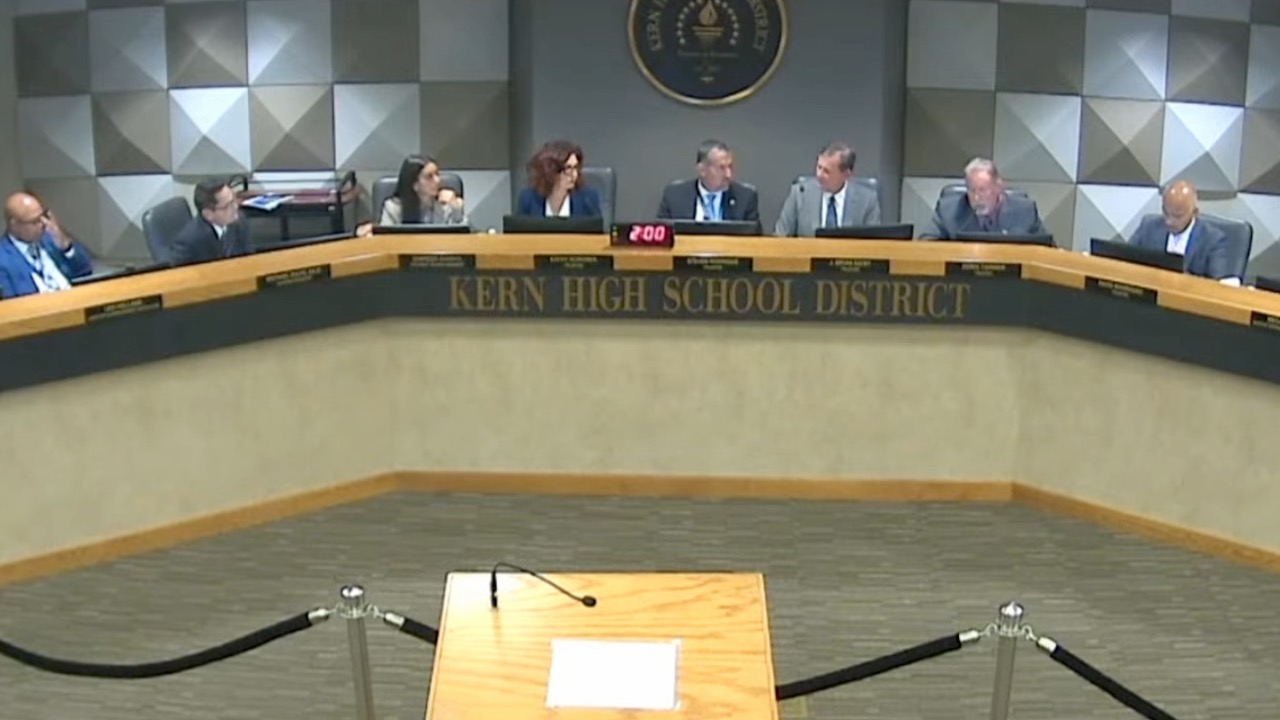BAKERSFIELD, Calif. (KERO) — A Kern County school board passes a resolution against transgender athletes in girls’ sports — but it has no legal power. Federal policy generally opposes transgender students competing in female sports, while California law protects their rights. 23ABC political analyst breaks down what this resolution actually means.
A controversial vote in Kern County — the Kern High School District board has passed a resolution opposing transgender athletes participating in girls’ sports. The move is largely symbolic — it doesn’t change state or federal policy.
Under California law, students are still allowed to compete based on their gender identity. But federal policy on Title IX and transgender athletes remains deeply contested.
Mike Zulfa is the Superintendent at KHSD and he says, "The Trump administration interprets this to mean that students must play on sports teams consistent with their biological sex at birth, not according to California law."
As of June, the issue is still in flux — with different federal agencies, courts, and administrations taking competing positions.
So what does this mean for Kern County? Will transgender athletes be able to play?
Ian Anderson is 23 ABC's Political Analyst and I asked him, "So ultimately, will anything change right now?" Ian says, "No. This is just a resolution. It's symbolic, aligning the district with federal policy. So at the moment, nothing will change. But this discussion is not going away — it’s not going to be contained only to the Kern High School District. All school districts with sports teams will eventually have to make a decision."
Further complicating the issue: several lawsuits are already filed between California and the Trump administration over which law school districts must follow.
"Ultimately, as it stands, California school districts are caught in the middle of these challenges." Mike Zulfa said.
At Monday night’s meeting, the board passed the resolution in a close 3-2 vote — but members cautioned that without clear legal guidance, the district could risk losing funding. "Schools can follow the long-standing law in California and risk consequences from the federal government — such as losing federal funding or other legal challenges. Alternatively, schools can choose to follow the federal interpretation and risk similar adverse action by the state." Mike Zulfa said.
23ABC political analyst Ian Anderson says the board now faces a choice — if a lawsuit comes, will it be from the state or the federal government?
The ongoing debate over whether transgender students should be allowed to participate on school sports teams is likely to continue — until the U.S. Supreme Court issues a final ruling.
Stay in Touch with Us Anytime, Anywhere:



